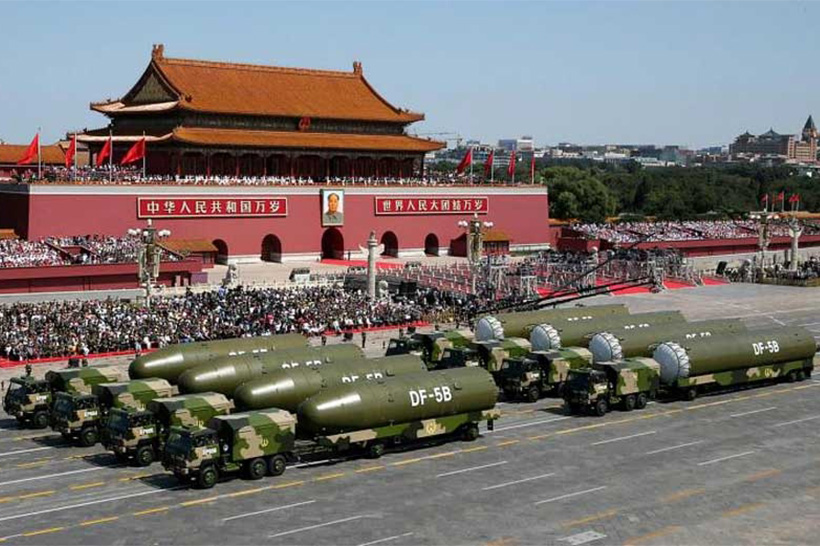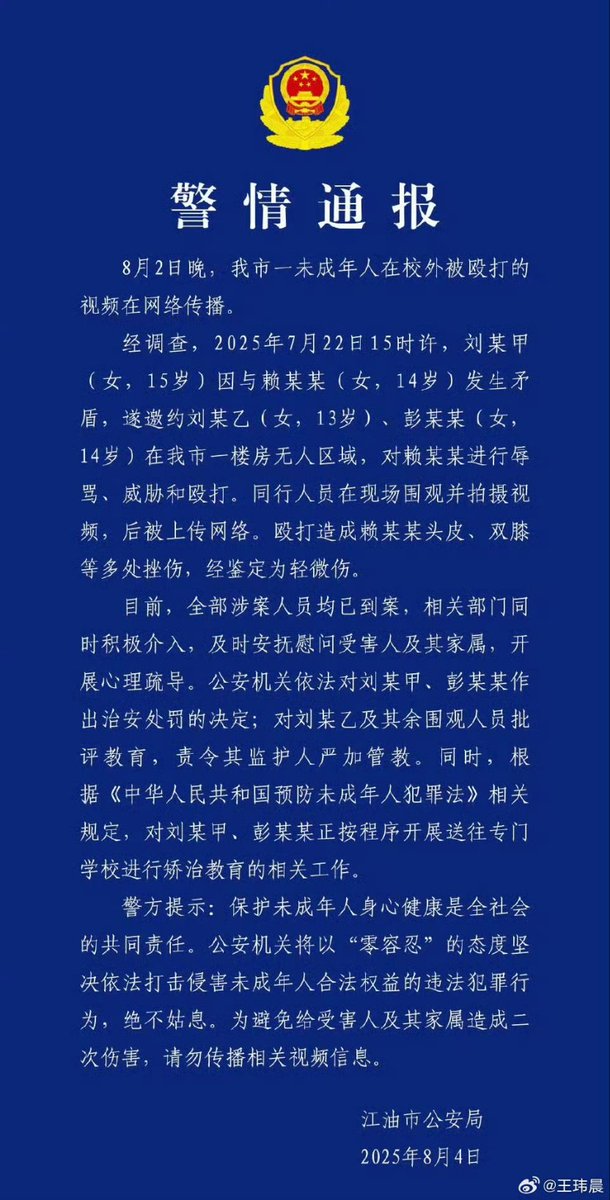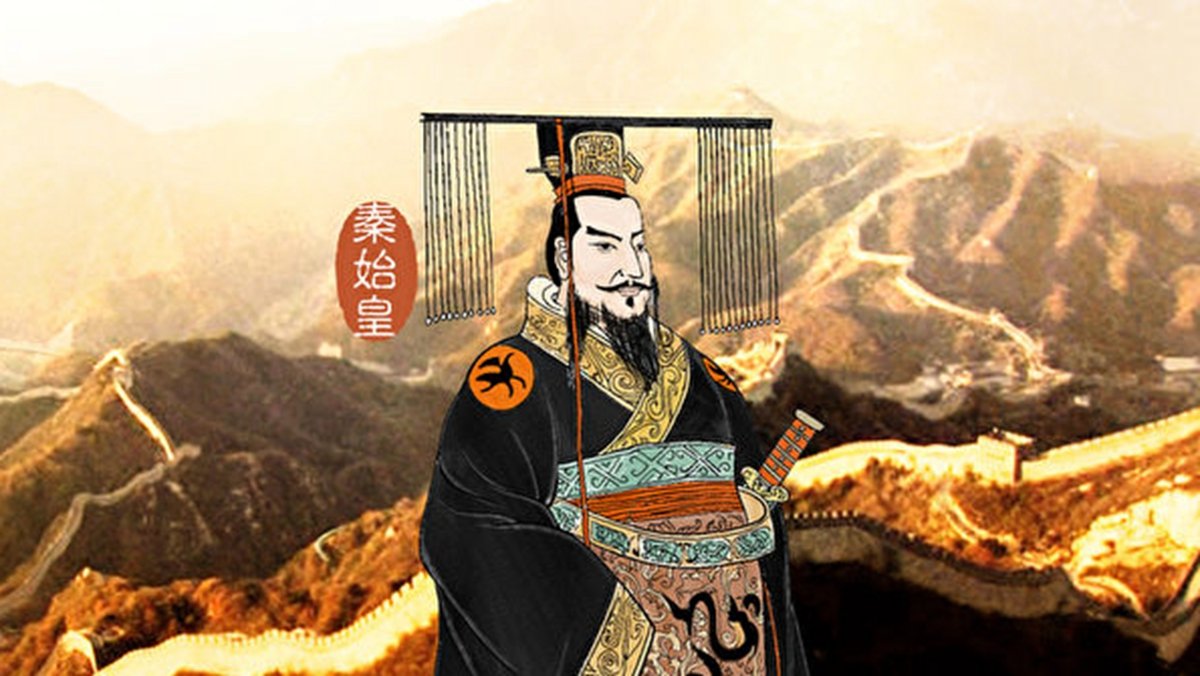China is not afraid of an all-out war with the United States, and some people even hope that the United States will actually carry out a substantive military provocation against China.
Read this thread.👇
(Like most Chinese people, I hate war, but I'm not afraid of war.)
1/X
Read this thread.👇
(Like most Chinese people, I hate war, but I'm not afraid of war.)
1/X

China is the only country in the world that can switch its society to full combat readiness within a few days.
China's political system of "one pole to the end" has a very strong ability to recover.
2/X
China's political system of "one pole to the end" has a very strong ability to recover.
2/X

The smallest government in China is the town government, which has the same functional structure as the central government.
Almost every functional agency of the central government can be found in the township government. docking office.
3/X
Almost every functional agency of the central government can be found in the township government. docking office.
3/X

Needless to say, the "four major teams" include the party committee, the National People's Congress, the Chinese People's Political Consultative Conference, and the government.
Even the armed forces are all corresponding.
4/X
Even the armed forces are all corresponding.
4/X

The national Ministry of National Defense/National Action Committee can correspond all the way to the township/school/enterprise armed forces deps.
The disadvantage of this system is that the grassroots staff are extremely busy.
"Thousands of lines above, one needle below".
5/X
The disadvantage of this system is that the grassroots staff are extremely busy.
"Thousands of lines above, one needle below".
5/X

Each department has to handle business, but it is impossible to have so many people, so one person has to be responsible for many businesses.
The advantage is that the fault tolerance and scalability are particularly strong.
6/X
The advantage is that the fault tolerance and scalability are particularly strong.
6/X

Once it is necessary to re-emphasize the work of a certain department and expand the business scope, it can be restored, rebuilt and operated almost instantly. It only needs to designate a person in charge, assign personnel to take charge in a short period of time, ...
... and slowly expand the business staff over a long period of time.
7/X
7/X
No matter how long an undertaking has been abandoned, as long as the central government team is still there, it can be re-operated quickly.
This system has already worked once in 2020.
8/X
This system has already worked once in 2020.
8/X

Epidemic prevention and control, which was originally the responsibility of the health department, quickly mobilized personnel from other departments to participate, and it started to operate surprisingly almost instantly.
This mobilization system is unique to China.
9/X
This mobilization system is unique to China.
9/X

When protecting life became the consensus of the entire country, China completed a war mobilization within a few days.
A national logistics and distribution system with street offices as the terminal was quickly established.
10/X
A national logistics and distribution system with street offices as the terminal was quickly established.
10/X

Through governments at all levels and factories that need to be opened are operating at a rapid pace, and people are quietly staying at home and waiting for the epidemic to end.
11/X
11/X

It is different from the traditional Soviet-style "committee" system, and it is very different from the American-style "state government" system.
Once a certain demand becomes a national will, the time required to "convert combat readiness levels" is almost zero, ...
Once a certain demand becomes a national will, the time required to "convert combat readiness levels" is almost zero, ...
Once the will of the people becomes the mainstream, the resistance encountered is extremely small and the implementation is extremely smooth.
This is because the idea of "The whole country is our home" is deeply ingrained in the traditional national culture.
13/X
This is because the idea of "The whole country is our home" is deeply ingrained in the traditional national culture.
13/X

It's easy to imagine the powerful role of this kind of govt sys and folk thinking in wartime, and what it will be like once faced with a national-level war threat - the people's willingness to "defend the homeland, defend the peace" quickly rises to the national level in war
14/X
14/X

A strong and complete modern mobilization system will be quickly implemented, and social organizational capabilities covering the short, medium and long term will be quickly established. The outbreak of national-level war capabilities will be a rapid and sustained process.
15/X
15/X

"What is a true bastion of iron? It is the masses, the millions upon millions of people who genuinely and sincerely support the revolution... The richest source of power to wage war lies in the masses of the people."
- Mao Zedong
(END)
- Mao Zedong
(END)

• • •
Missing some Tweet in this thread? You can try to
force a refresh























